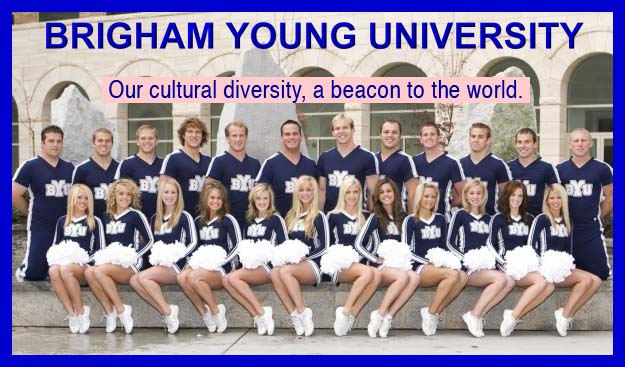Science is telling us that ethnic diversity causes significant problemsby diminishing valuable social capital. What then should we do aboutit?
It was not the kind of message a Harvard seminar expects to hear.Ethnic diversity causes a lot of problems, our guest speaker told us.It reduces interpersonal trust, civic engagement, and charitablegiving. It causes us to disengage from society, like turtles shrinkinginto their shells, reducing our overall quality of life. The morediversity we experience in our lives, the less happy we are.
I came to Harvard to study public policy in the fall of 2004. All ofthe first-years like me had to take a special seminar class where wewould discuss the philosophy of science and the nature of goodresearch. The best class days featured established scholars who wouldcome to present their own papers, which were real-life examples of goodresearch.
The guest speaker who came to discuss diversity was politicalscientist Robert Putnam, who is something of a celebrity in academiccircles. With the publication of his 1995 article “Bowling Alone,”Putnam helped bring the issues of social trust and civic participationto the forefront of social science. His article became a popular book,also called Bowling Alone, in 2000. Written for a general audience, thebook chronicled the rapid decline in civic engagement that had takenplace in the United States since 1950, and argued that communitieswithout strong social ties are less happy and less successful. Thearticle and the book garnered Putnam numerous media appearances andspawned reams of response articles in academia.

Putnam began by telling us about one result he encountered that wasthoroughly upsetting to him—the more ethnically diverse a community is,the less social capital it possesses. When a person lives in a diversecommunity, he trusts everyone less, including those of his own ethnicgroup. So how did Putnam come to conclude that ethnic diversity is soproblematic? The answer begins with the notion of “social capital,”which Putnam defines in simple terms—“social networks and theassociated norms of reciprocity and trustworthiness.” Social capitalturns out to be an exceptionally valuable commodity. Building complexnetworks of friends and associates, trusting others to keep their word,and maintaining social norms and expectations all grease the wheels ofbusiness by enabling cooperation.